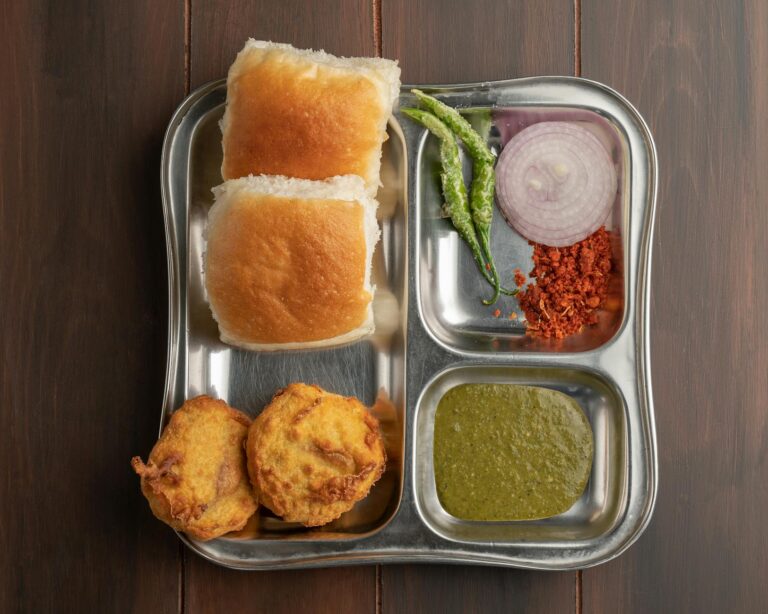India Just Made It Harder to Trade Jute with Bangladesh—Here’s Why It Matters
So, India’s gone and thrown a new curveball at Bangladesh’s jute trade. Starting now, certain jute products can’t come in by road anymore—they’ve gotta ship through Nhava Sheva port instead. And let me tell you, this isn’t some minor paperwork change. We’re talking about a move that’s gonna mess with decades of trade habits between these two neighbors.
1. What Exactly Changed?
The New Rules in Plain English
Basically, if you’re trying to bring raw jute or some processed jute goods into India from Bangladesh, forget about using trucks. Port only now. The government says it’s about cutting down on shady informal trade and making customs easier to handle. But exporters? They’re staring at longer waits and fatter bills—we’re talking 15-20% more in costs.
Not Their First Rodeo
Remember last year when India got picky about Bangladeshi clothes? Same playbook, different industry. But here’s the thing—jute’s different. Bangladesh actually does this better than India, which makes the whole thing smell like protectionism dressed up as policy.
2. Why’s India Doing This Now?
Saving Their Own Jute Mills
West Bengal’s jute industry’s been on life support for years. Cheaper Bangladeshi imports didn’t help. So now, under the whole “Make in India” banner, they’re trying to give local mills a fighting chance. One mill owner (who didn’t want his name out there) put it bluntly: “About time we got some protection.”
That Pesky Trade Deficit
Here’s a number that keeps Indian officials up at night: $8 billion. That’s how much more India buys from Bangladesh than it sells there. Jute’s a big chunk of that. So yeah, this move? Partly about balancing the books.
3. How Bangladesh Gets Hit
Immediate Headaches
Picture this: Your whole business runs on quick road shipments. Suddenly, you’re adding a week or more to delivery times. Oh, and paying extra for the privilege. Smaller exporters might not survive the switch. One Chittagong trader I spoke to sounded exhausted: “They’re breaking what wasn’t broken.”
Long Game Options
Some say Bangladesh should look elsewhere—Egypt, Turkey, maybe. But building new trade relationships takes years. The smarter play? Start making fancier jute products that can command better prices. As economist Farzana Rahman in Dhaka told me, “We can’t keep selling the same old sacks forever.”
4. Who’s Happy, Who’s Pissed
Indian Mill Owners
No surprise here—they’re popping champagne. Stocks of jute companies jumped 5% the day the news broke. One industry rep actually said they can now run at “full capacity.” Guess someone’s getting what they wanted.
Bangladeshi Side
Meanwhile, across the border? Pure frustration. The jute association called it straight-up unfair, especially since India still sends raw jute to Bangladesh for processing. Their secretary general didn’t mince words: “Total hypocrisy.”
Government Speak
India’s playing the “quality control” card. Bangladesh? They’re muttering about taking this to the WTO if things don’t change. Classic trade drama unfolding.
5. This Isn’t New—Just the Latest Chapter
How We Got Here
Back in the 70s, India was the raw jute supplier to Bangladesh’s mills. Then the tables turned. There’ve been agreements over the years to keep trade smooth, but lately? Feels like every few months there’s a new hurdle.
Bigger Picture
Some say it’s election season politics in India. Others blame global economic messes. Whatever the reason, the relationship’s definitely getting testier.
6. What Happens Next?
Will Bangladesh Fight Back?
They’ll probably try to negotiate some exceptions or a slower rollout. But India doesn’t seem in the mood to budge—at least not yet.
Can Indian Mills Step Up?
That’s the million-dollar question. They’ve got the chance now, but only if they modernize. One analyst in Kolkata put it well: “This is their wake-up call to innovate or die.” Think beyond sacks—jute shopping bags, packaging, maybe even jute-based fabrics.
The Bottom Line
Here’s the thing—on paper, this looks like simple trade policy. But really? It’s about India choosing between protecting homegrown industries and keeping good relations with a neighbor. The jute workers in West Bengal might cheer today, but there could be a price to pay down the line. Because in trade, just like in life, actions have reactions. And Bangladesh isn’t just going to take this lying down.
Source: Navbharat Times – Default












